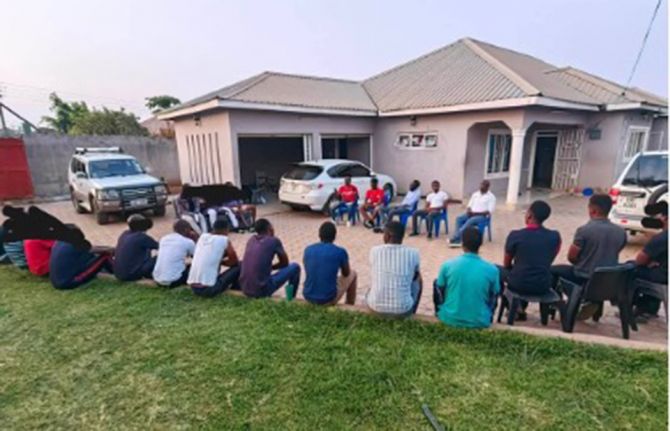

Update
Insights, advances and partnerships to reach key populations in Africa
23 December 2015
23 December 2015 23 December 2015The Second African Conference on Key Populations in the HIV Epidemic, devoted to key insights, key advances and key partnerships, took place in Dar es Salaam, Tanzania, from 16 to 18 December.
The conference brought together more than 200 researchers, policymakers, community actors, health service providers and government representatives from across Africa to discuss experiences, lessons learned and research findings regarding HIV and key populations. They include sex workers, transgender people, gay men and other men who have sex with men, people who inject drugs and others.
Key populations are vulnerable to HIV infection and have been left behind by the AIDS response. Punitive laws, stigma and discrimination are serious barriers throughout the continent for all key populations, with gender inequality contributing to the challenges faced by female sex workers. Migration of key populations within and between countries is another factor linked to their vulnerability to HIV.
Conference participants agreed that peer–led and community-based approaches work best and need scaling up. Effective interventions should be developed with close collaboration of key populations, as well. They also noted that data is important in policy dialogue and in facilitating community engagement.
The conference concluded with a call to action to ensure services for key populations are aligned to their needs and experiences and that key populations meaningfully participate in all areas that pertain to their health and well-being. Participants also called on governments to take down punitive legal barriers, to facilitate access to the justice system and to allocate more resources to serving key populations in the AIDS response.
Quotes
"The next phase of the response should focus on leaving no one behind as a way to end the AIDS epidemic by 2030. This needs addressing a combination of social, political, legal and programmatic gaps for key populations in our countries.”
“We will not reach zero new HIV infections, zero AIDS-related deaths and zero discrimination without the key and vulnerable populations.”
“Grassroot action on HIV is the most important way forward for the global response. Knowledge is only meaningful when shared.”



